On the Gospel of John, Part 36: The Way

On the Gospel of John, Part 36: The Way
When Yahshua Christ chose His apostles from among the men who had first encountered Him at the start of His ministry, which is when He was baptized by John, they were simple and uneducated laborers, and for the most part, fishermen from the shores of Galilee. These men were not schooled in Scripture except for their attendance at the synagogues on the sabbath days, and the customary reading from the law of Moses which is referred to by James in Acts chapter 15. So far as in Acts chapter 4, at least some of the apostles were still considered unlearned, where we read “13 Now when they saw the boldness of Peter and John, and perceived that they were unlearned and ignorant men, they marvelled; and they took knowledge of them, that they had been with Jesus.” Since the synagogues were the instruments of religious organization in Judaea, the teachings would have naturally been in accordance with the doctrines of the Pharisees and Sadducees, who dominated religious and political activity throughout Judaea.
But Christ did not occupy the course of His ministry schooling the apostles in the details of Scripture and giving them an education in letters. In fact, as we see in that verse from Acts chapter 4 which we have just cited, their testimony of Christ was even more valuable and made more of an impression because they were unschooled. These were simple men who witnessed profound events and gave plain and simple testimonies concerning the substance of those events. For that reason, the gospel accounts were written without craft or guile. As Paul later attested in his first epistle to the Thessalonians, “For our exhortation was not of deceit, nor of uncleanness, nor in guile: But as we were allowed of God to be put in trust with the gospel, even so we speak”.


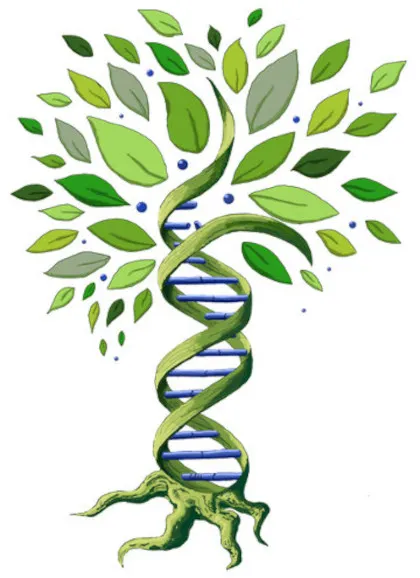
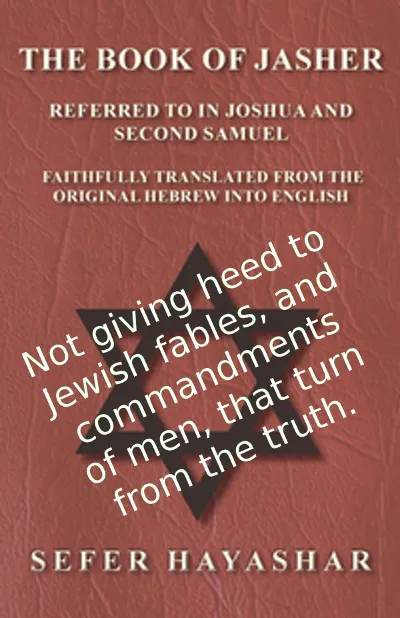
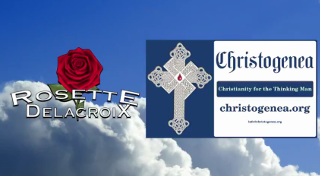

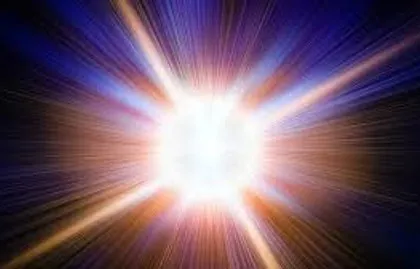


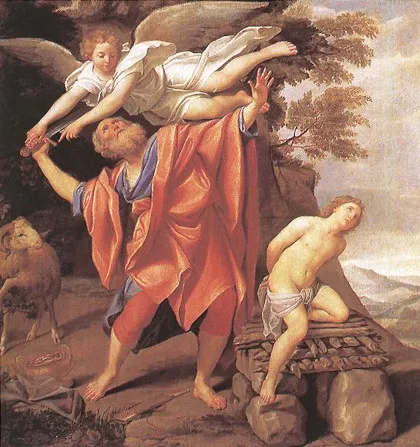

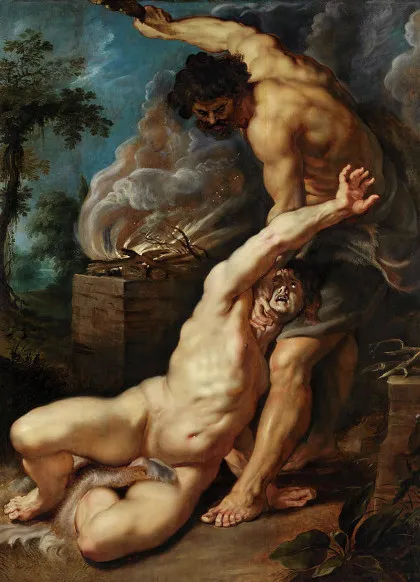
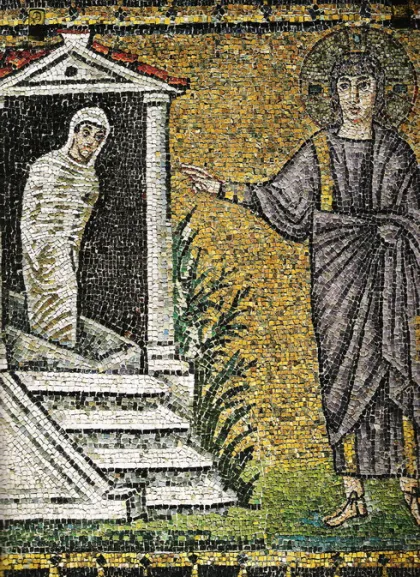
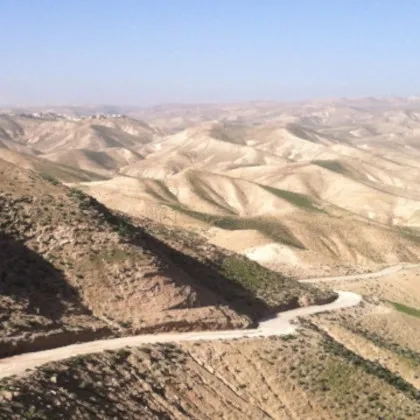

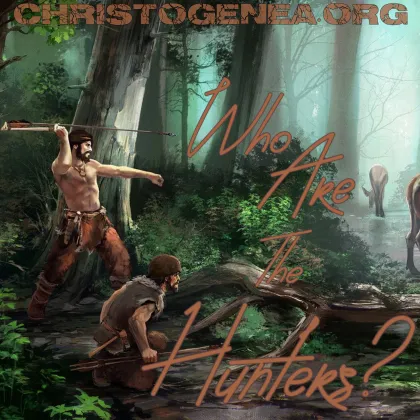

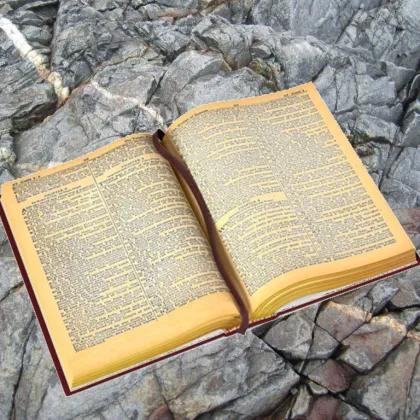

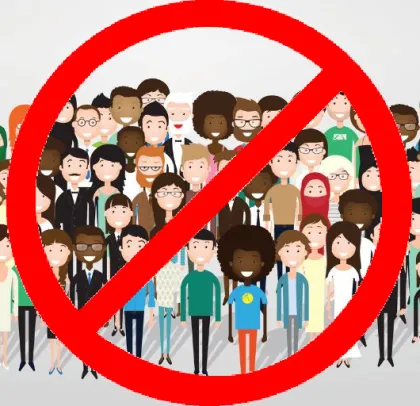




 Please click here for our mailing list sign-up page.
Please click here for our mailing list sign-up page.







